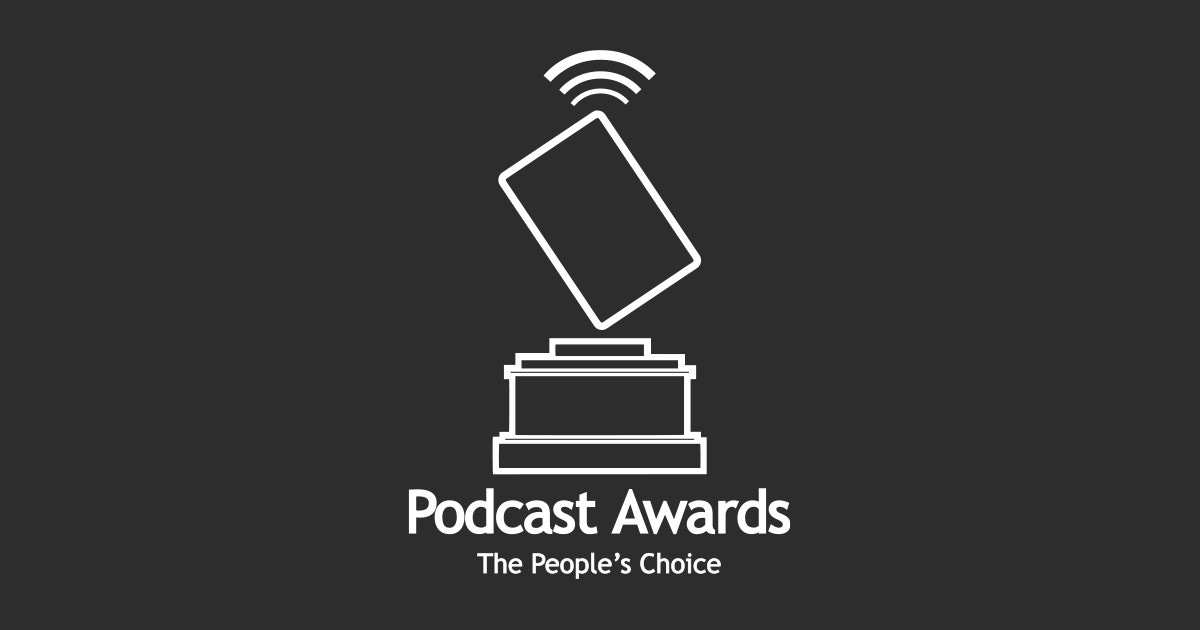A special session has been called.
Learn about the Federal Reconciliation Bill, the veto to the Infant Learning Program, and a regulatory change by the State Board of Education that will undermine education funding.
Dear Friends and Neighbors,
On Tuesday, I was alarmed by the U.S. Senate's approval of a massive budget reconciliation bill that will significantly increase our national debt. This bill represents the most significant wealth transfer from the underprivileged to the wealthy in our nation's history.
Despite some U.S. Representatives expressing concerns, the bill is likely to become law when it is reconsidered by the U.S. House.
Nonpartisan federal agencies have confirmed that millions of Americans will lose their health insurance, forcing them to decide between paying their heating bills and receiving cancer treatments. It is difficult to understand why funding an extensive new internment system for refugees seeking legal asylum and citizens who have been stripped of their citizenship is deemed more important than feeding hungry children and helping those in need.
The bill also represents a significant federal overreach. It establishes a federal school voucher program, diverts billions away from public schools, and contradicts the federal administration's pledge to return education control to the states.
Many of you have asked about the state's plan to address the funding gaps created by federal budget cuts that impact various social safety net programs in Alaska. The state’s spending capacity will depend on oil prices, as predicted in the 2026 spring forecast, which we will not receive until March. I understand that this is a long wait. Still, please be assured that upon my return to Juneau in January, I will passionately advocate for the continuation of government programs that protect our most vulnerable Alaskans, to the best of our financial ability.
- In solidarity,
Löki Gale Tobin
Governor Calls Special Session for August 2
The Governor has called a special session of the legislature on August 2 to discuss education reforms and establish a Department of Agriculture.
He has not provided any legislation yet and previously vetoed funding for a special session in June.
Additionally, he is aware that at least two legislators will be absent in August, including one who is currently deployed with his National Guard unit. This morning, Alaska News Source reported that the Governor asked House Minority Caucus members to skip the first five days of the session to prevent an override of his veto on education funding.
🤯🤯🤯
If this special session is intended as a political maneuver to distract from the Governor's unprecedented veto of base student funding, he is certainly making his intentions clear. The potential impact of this veto on our education system is profound, with schools facing significant budget cuts and the possibility of closures.
It is worth noting that the legislature has already passed a comprehensive, bipartisan education reform package. This package included many of the Governor’s education priorities and increased base student funding, reflecting a strong commitment to education from both parties.
Furthermore, the Governor's Executive Order to establish a Department of Agriculture was rejected by the legislature when related legislation was introduced. This rejection was not a partisan decision; rather, it stemmed from concerns about the department's funding and its potential impact on other state programs. That bill is currently in the Senate Resources Committee and is still being thoroughly reviewed by the legislature.
As a former State Senator, the Governor should have a deep understanding of the legislative process. However, he is disregarding it by calling a special session that serves no real purpose other than to set up a failed override vote, as the legislature lacks the necessary votes.
While I expect the special session to be unproductive, I will be in Juneau on August 2, prepared to vote to override his veto of critical funding for education, support for infant learning programs, federal transportation matching funds, wildfire suppression resources, significant maintenance for schools, and other essential government services that he is denying to Alaska. For the government to function effectively and efficiently, it must be funded adequately. Anything less is not just a setback; it directly harms Alaska.
A line-item veto that hurts children.
On June 12, Governor Dunleavy issued line-item vetoes that cut millions of dollars from the compromise budget package for Fiscal Year 2026, which took effect on July 1.
The FY 2026 budget included $5.7 million in additional funding for Alaska’s Infant Learning Program, a vital initiative supported by the Alaska Children Caucus, which I co-chair with Sen. Giessel, Rep. Ruffridge, and Rep. Dibert.
Of the $5.7 million, $2.7 million was designated to address inflation, while $3 million was intended to expand eligibility for more young children. Unfortunately, Governor Dunleavy vetoed this funding, citing declining state revenues. This contradicts the fact that the funding was clearly identified, included, and approved through an extensive and public process that resulted in a bipartisan compromise budget package with a surplus of over $50 million. We have the resources available, and this funding would be a wise investment of state funds. In fact, saving this money will not make a significant difference in Alaska’s revenue situation, but it will have a detrimental impact on the infants and toddlers who desperately need assistance now.
Alaska’s crucial Infant Learning Program provides healthcare and therapy services to young children who experience developmental delays. National data indicate that 46% of children who exit an ILP at age three do not require special education services when they reach kindergarten.
Let's take a moment to emphasize that: 46% of children who receive early intervention do not need special education later in life, which often comes with significantly higher costs to provide and administer.
Early intervention serves as a beacon of hope for children, helping them overcome developmental delays and leading to better life outcomes. This not only benefits the child but also the state, as providing developmental services after age three is considerably more expensive.
I am deeply disheartened that the Governor vetoed the funding for the Infant Learning Program. However, I find hope in the public statements and commitments from lawmakers across the political spectrum to override these line-item vetoes, which are shortsighted and not in the best interest of the people, especially the children we were elected to represent.

Public comments needed to support local control of public education in Alaska.
I know it’s challenging to keep up with everything happening right now, but there’s an urgent issue that needs your voice. Proposed funding cuts could impact local public schools, leading to larger class sizes, fewer resources, and a decline in education quality. Even a short paragraph expressing why it's important to maintain community support for schools can make a difference. The work is tough, but we’re fighting for Alaska’s future.
- with deep gratitude,
lgt
The State Board of Education and Early Development is accepting public comments until July 23 on a proposed regulatory change to determine how and to what extent local cities and boroughs can dedicate resources to public education.
The Alaska Department of Education and Early Development (DEED) proposes changing the definition of "local contribution" to include funding and in-kind services previously excluded, including transportation and other non-instructional expenses. In my public comments to the State Board of Education, I urged them to reject the proposed regulation change, as the potential impact on Alaska’s public school system could be devastating.
The proposed regulation changes are so broad and encompassing that funds allocated for public infrastructure and programs would be considered a local contribution to public education, and thus subject to the limits and restrictions in state law. The contributions from municipalities that DEED and the federal government characterize as benefiting public education do much more than that; they help the larger community that surrounds schools. The proposed regulation change does not account for the uniqueness of Alaska's cities, boroughs, and unorganized areas. Instead, it penalizes spending money on things that benefit both students and community members.
During a hearing held in May by the Senate Education Committee, it became evident that consensus regarding the proposed regulatory change was lacking. Elected officials raised questions regarding the relevance, intent, and objectives of the modifications presented by Commissioner Bishop. Furthermore, it became apparent that the federal government had not initiated this regulatory change, and the comprehensive implications of the proposed regulation remained ambiguous.
The justification for the proposed regulation change stems from bureaucratic wrangling between the State of Alaska and the federal government over how to account and distribute around $80 million in federal funding. The U.S. Department of Education (DOE) letter dated May 16, announcing that Alaska failed the latest disparity test, clearly states that DEED can request a hearing if it is adversely affected by the action. I believe pushing back on the federal government is entirely justified because the State of Alaska and every school district in Alaska would be adversely affected by the current proposal, which would severely limit the ability of local municipalities to support their children and the larger community.
One of the fundamental underpinnings of a liberal democracy is that the law is written by the legislative branch and administered by the executive branch for the benefit of the people. This allows for a separation of powers that history has found essential in making laws and policies that the people accept as legitimately decided by their elected representatives. The Alaska State Legislature is responding to the concerns raised by the U.S. Department of Education by considering legislation crafted in consultation with municipal and school district leaders who are locally elected and accountable to the communities they represent. Additionally, the legislature recently approved a Task Force on Education Funding to analyze public education funding in Alaska and recommend changes to the Alaska State Legislature by the start of the 35th Alaska State Legislature in January 2027.
I hope you will join me in writing to the State Board of Education and asking them to halt consideration of this unnecessary regulatory change and instead work with Alaska’s congressional delegation and the U.S. Department of Educaton on a compromise that acknowledges the unique challenges of providing public education in a place where geography and the environment make it difficult to transport children and young adults to and from school.
Written public comments on the proposed regulation change will be accepted until 5:00 pm on July 23. Public comments can be emailed to eed.statebard@alaska.gov. The State Board of Education will take verbal public comments during a meeting scheduled for October 9. Details about the proposed regulation changes and instructions on how to submit public comments are available in the online public notice published on June 20.
Do you like The Empty Office Podcast? If so, cast a vote in the 2025 People’s Choice Podcast Awards.
Right now, you can vote for your favorite podcasts in the 2025 People’s Choice Podcast Awards. The listener nomination period will run through July. I am beyond thrilled that The Empty Office Podcast will be among the podcasts considered by podcast listeners nationwide. You can vote for The Empty Office Podcast in the Best Black Hosted Podcast category. You can also cast a vote for the overall People’s Choice Award.
Each week during the legislative session, you can join me for an in-depth examination of the public policy and people at the heart of politics in Alaska. If you want soundbites and gotcha politics, The Empty Office Podcast is not for you. However, if you want thoughtful conversations about things that matter, then I hope you will listen to and subscribe to The Empty Office Podcast. It is available on several platforms, including Spotify, Apple Podcasts, and Substack. To be added to the distribution list, send an email to Sen.Loki.Tobin@akleg.gov.






